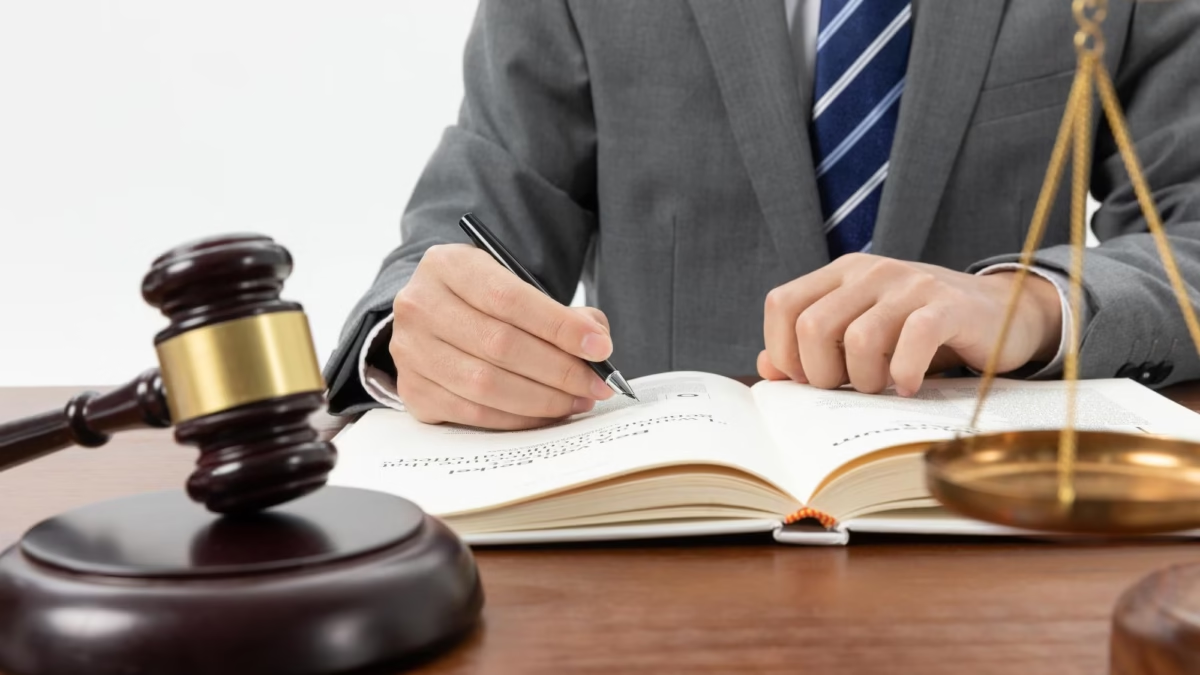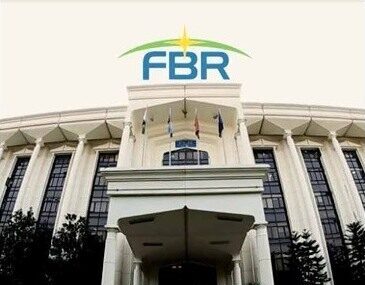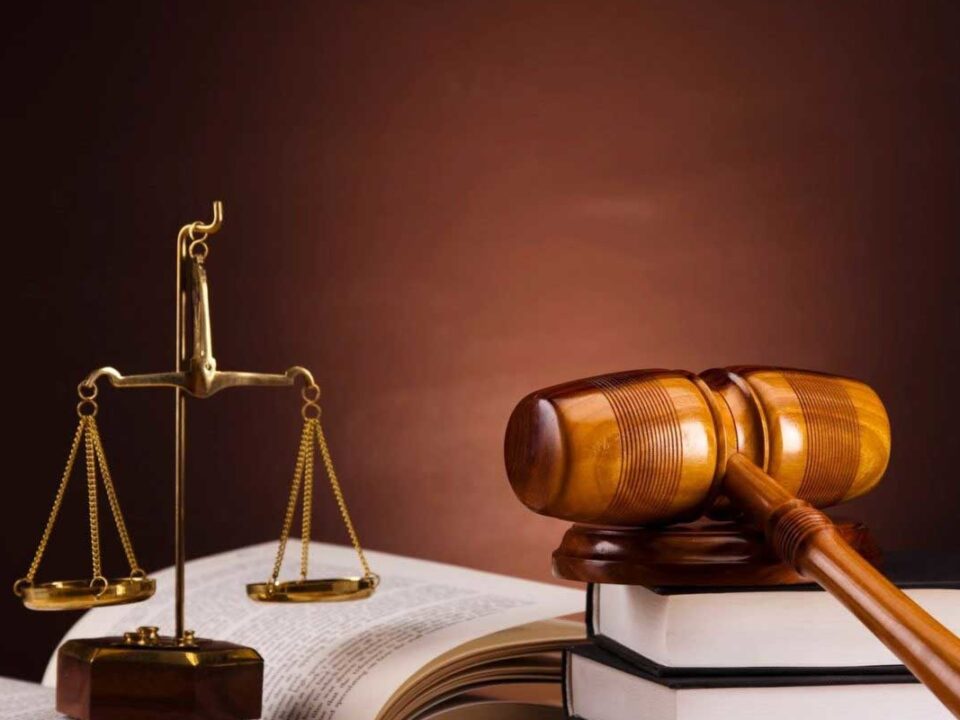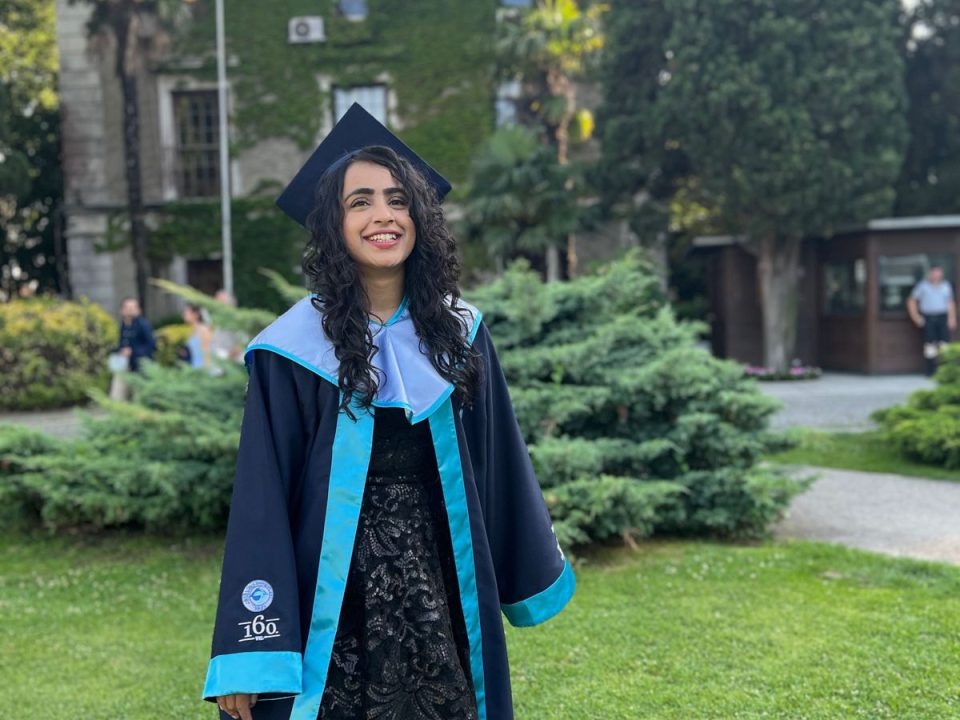SC questions slapping super tax on provident funds

Breaking New Ground: Asma Hamid Associates Joins Global Law Experts in Pakistan
September 18, 2025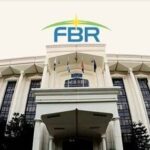
AHA Leads Successful Arguments in Super Tax Cases
January 29, 2026Source: https://www.nation.com.pk/16-Sep-2025/sc-questions-slapping-super-tax-on-provident-funds
ISLAMABAD – The Supreme Court of Pakistan Monday questioned the imposition of a super tax on provident funds, saying whether such a levy is justified when income tax itself is exempt.
A five-member larger Constitutional Bench of the Supreme Court, headed by Justice Amin-ud-Din Khan, conducted hearing of the appeals of Federal Board of Revenue and the industries against the judgments of Sindh, Lahore and Islamabad High Courts regarding levy of Super Tax under Section 4C.
During the hearing, Asma Hamid, the FBR’s lead counsel, completed her arguments. After that the bench asked Hafiz Ehsaan Ahmad Khokhar, who is also representing FBR to make his submission.
Justice Muhammad Ali Mazhar cited Section 53 of the Income Tax Ordinance, 2001, which provides exemptions, and asked if a trust fund could be treated as private property.
Justice Hasan Azhar Rizvi remarked that repeated super tax deductions could erode retirement benefits over time, observing that an initial levy could grow significantly and reduce employees’ expected payouts.
Asma explained that there were 4-5 funds that had approached the Islamabad High Court for relief from the imposition of Super Tax in tax year 2022. She submitted that though the income of these funds was otherwise liable to tax, however, they were granted exemption from tax.
She explained that the Super Tax under Section 4C was imposed on the petroleum & exploration companies through insertion of Rule 4AB in the Fifth Schedule. She contended that there was no finding of the High Court that found Rule 4AB in the Fifth Schedule to be ultra vires.
Justice Mazhar inquired how the High Court could hold that Super Tax under Section 4C will not apply to petroleum & exploration companies. Asma told that the High Court proceeded in an arbitrary manner.
She stated that the Petroleum Concession Agreements (PCAs) of each petroleum & exploration company is different. Each one will need to be examined to determine if it contains a cap and whether that cap pertains to income tax alone or whether it includes Super Tax too. The Super Tax will be chargeable separately through Rule 4AB of the Fifth Schedule to the Ordinance, she added.
Asma stated that some PCAs signed under the Income Tax Act, 1922, some under the ITO, 1979 and others under the ITO 2001 cannot be dealt with identically, as the PCAs themselves state that in case of inconsistency in taxation matters it is the tax Ordinance that will prevail over all other relevant laws.
Asma, in respect of TY 2023, submitted that in light of the Islamabad High Court’s finding for TY 2022 as related to the imposition of Section 4C Super Tax, taxpayers from all over Pakistan approached the IHC for TY 2023 to get identical relief. She submitted that the IHC allowed all petitions for TY 2023 in the same terms as its earlier judgment in TY 2022.
Justice Amin inquired whether the banking companies challenged Section 4C in TY 2022 to which Hamid replied in the negative and submitted that this amounted to acquiescence on their part.
She stated that banking companies knew one year in advance that the rate of super tax in TY 2023 was 10%.
Asma argued that the legislature has wide powers to classify persons to tax at a higher rate than others. She stated in the instant matter, businesses established in 15 specific sectors who had earned Rs 300 million plus in TY 2022 were chosen to pay 10% super tax.

